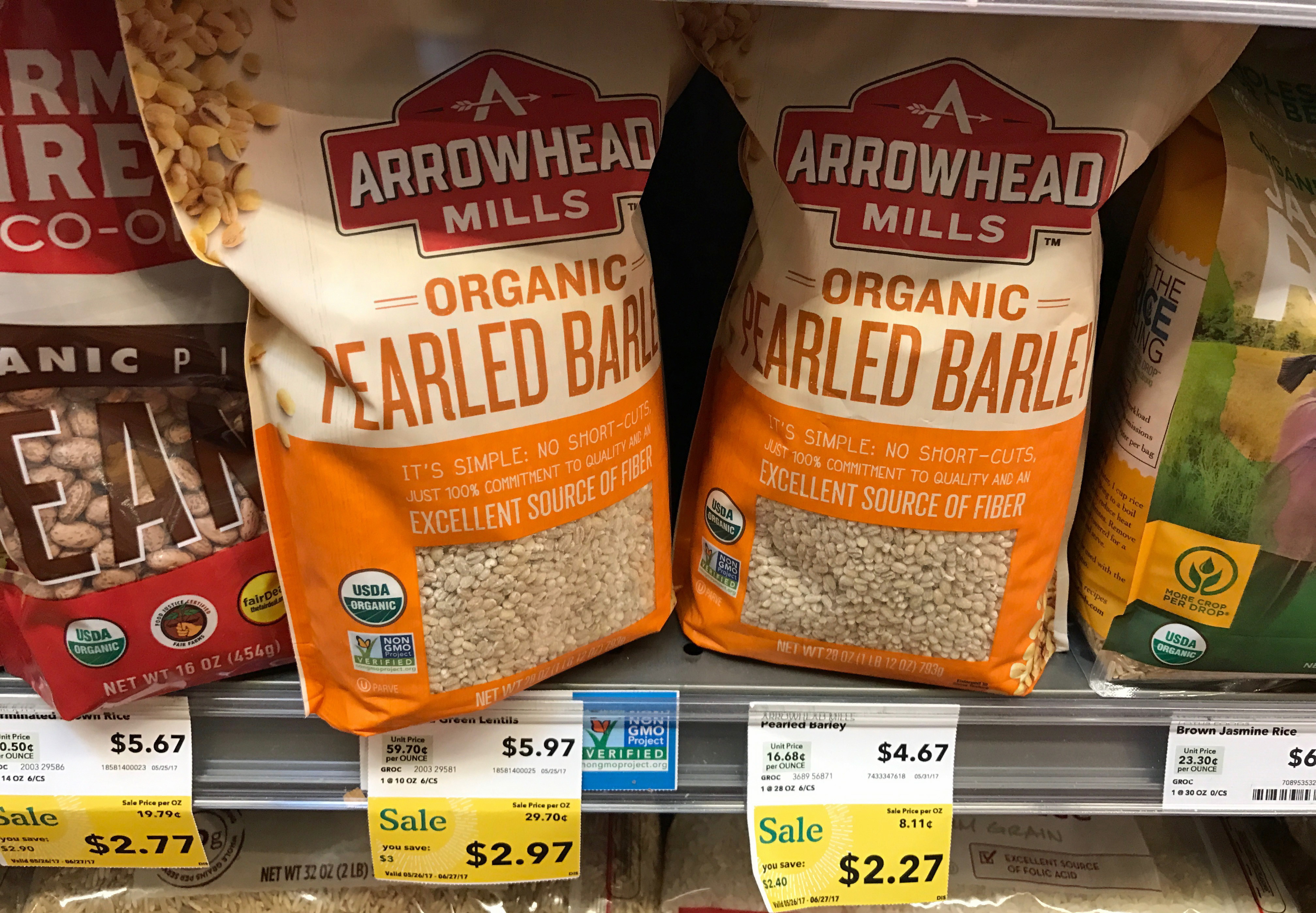
by Lorraine Matthews-Antosiewicz | Jun 3, 2020 | Eating for the Health of it, Healthy Body Weight, Weight Management
What shifts have you made to keep yourself healthy and feeling good these days? Life during this pandemic has been extraordinarily stressful for many of us making self-care more challenging than usual. Yet, we need it now more than ever. From exercising to making...

by Lorraine Matthews-Antosiewicz | Apr 21, 2020 | Eating for the Health of it
Amidst the COVID-19 pandemic, grocery shopping has become a cause of stress and anxiety for many of us. Here’s what you need to know to get safely in and out of the store. BEFORE YOU GO TO THE STORE Plan ahead for success. Before you set out for the grocery store,...

by Lorraine Matthews-Antosiewicz | Apr 1, 2020 | Eating for the Health of it
Understandably, we all are worried about COVID-19 and want to do anything we can to avoid catching the virus. Unfortunately, this fear has resulted in the spread of misinformation regarding food and immunity. I’d like to set the record straight, so you are clear on...

by Lorraine Matthews-Antosiewicz | Mar 18, 2020 | Eating for the Health of it, Heart Health
Do you struggle with getting a nutritious family dinner on the table during the week? It’s not always easy to accomplish this with our busy schedules, but it is possible. Here are 5 tips from busy parents about how they are successful at preparing and serving...

by Lorraine Matthews-Antosiewicz | Dec 11, 2019 | Digestive Wellness, Eating for the Health of it, Recipes for Health, Weight Management
Evidence suggests that in addition to impacting our physical health, what we eat also plays a role in how we feel. Food directly affects the structure and function of our brain and, ultimately, our mood as well. You can test this out for yourself. Pay attention to...

by Lorraine Matthews-Antosiewicz | Nov 13, 2019 | Eating for the Health of it, Healthy Body Weight, Heart Health, Recipes for Health
The most recent Dietary Guidelines for Americans recommend that all adults eat at least half their grains as whole grains – that’s at least 3 to 5 servings of whole grains every day. The average American eats less than one daily serving of whole grains, and some...








